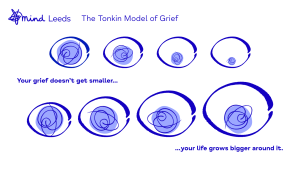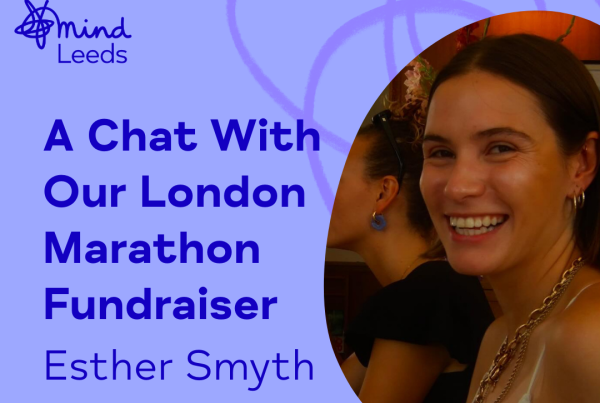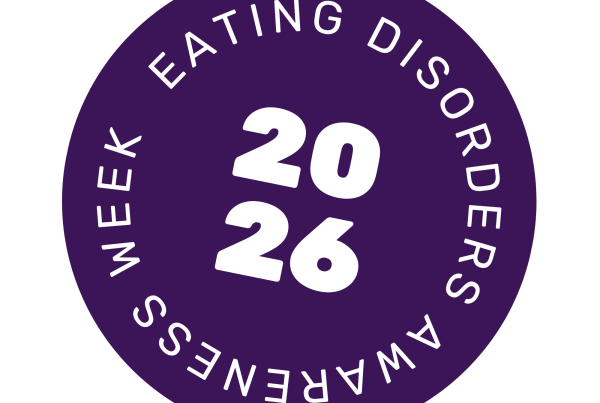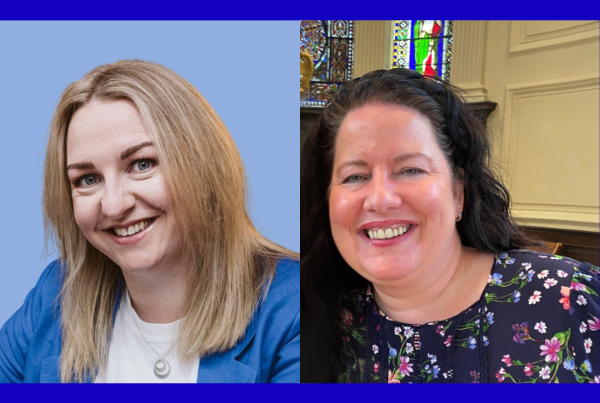This week is Grief Awareness Week. This week is all about breaking down barriers and stigma surrounding talking about grief and normalising these important conversations. This year’s theme is ‘Growing with Grief’ and exploring the ways we can find hope and opportunity despite our loss.
Grief is a natural human response to losing someone we love, whether through bereavement or the end of a close relationship. Living with grief can be deeply challenging. It often helps to talk about your feelings with someone who can listen and support you. You might find that counselling provides you with the space you need to explore your grief and find new pathways.
In this blog, our counselling team shares their insight into the ways counselling can support you with your grief.
Grief is personal
How we experience grief varies from person to person. It’s a greatly individual journey. Some people may struggle to talk about their grief, hoping it will ease with time, or they feel unsure how to respond when asked if they’re feeling better. Societal expectations can sometimes make us feel that our way of grieving is unusual or wrong, that we are grieving too much or too little, or grieving too loudly or quietly. But the truth is: grief is unique to each of us, and there is no “right” way to go through it.
Grief counselling at Leeds Mind
Speaking with a counsellor about grief can be a helpful way to process and explore your feelings, away from the pressures you might feel with friends, family, or colleagues.
At Leeds Mind, our counsellors offer a safe, non-judgemental space where you can share your thoughts and emotions. We understand that it can take time to find the right words, and we’ll work at your pace to help you build comfort and confidence in exploring difficult feelings.
How counselling can help
Many people tell us that having dedicated time and space to talk freely about their grief is incredibly helpful. We often hold back our feelings with loved ones to avoid worrying them, or at work, out of concern that it might affect our performance.
Counselling gives you a space to be fully honest about how you’re feeling. You can talk about the difficult, unexpected, or even positive aspects of your experience, all without judgement and with full support.
Some common feelings or experiences people bring to counselling include:
- Feeling numb – often linked to shock or the mind’s self-protection until it’s ready to process emotion.
- Re-living moments or recurring thoughts – which may relate to witnessing something traumatic that the mind is trying to understand.
- Sensing the presence of a loved one – such as seeing a bird or butterfly and feeling a connection.
All of these are understandable reactions to loss, and our counsellors are here to help you explore and work through them.
Living with grief: growing around it
Older models of grief suggested that we move through distinct stages: denial, anger, bargaining, depression, and acceptance. But more recent thinking, like the Tonkin model of grief, offers a different perspective.

Instead of grief shrinking over time, the Tonkin model suggests that we grow around our grief. Imagine your grief as a ball inside a jar. At first, the ball fills the jar completely. Over time, the ball stays the same size, but the jar grows. This represents your life expanding with new experiences, relationships, and meaning. The grief doesn’t disappear, but it becomes part of a larger life.
This idea can be comforting. It means you don’t have to “get over” your grief. Instead, you can learn to live alongside it, allowing space for healing and growth.
Practical ways to support yourself here and now
- Be present and mindful – Try grounding yourself in the moment through nature walks, journaling, or simply noticing your breath. These small acts of mindfulness can help you feel more connected and supported.
- Honour your loved one – Some people find comfort in living well as a tribute to the person they’ve lost. Sharing stories, creating rituals, or keeping their memory alive in meaningful ways can help with the emotional impacts of bereavement.
- Reach out when you need to – If grief feels overwhelming, talking to someone can make a big difference. Whether it’s a friend, a support group, or a counsellor, you don’t have to carry it alone.
Above all, looking after yourself, even in small ways, can help you adjust to life without your loved one. If it ever feels too much, please reach out.
If Leeds Mind can support you, we hope you’ll get in touch. You can fill out our self-referral form here, and we will get in contact with you to match you with a counsellor who can support you.



